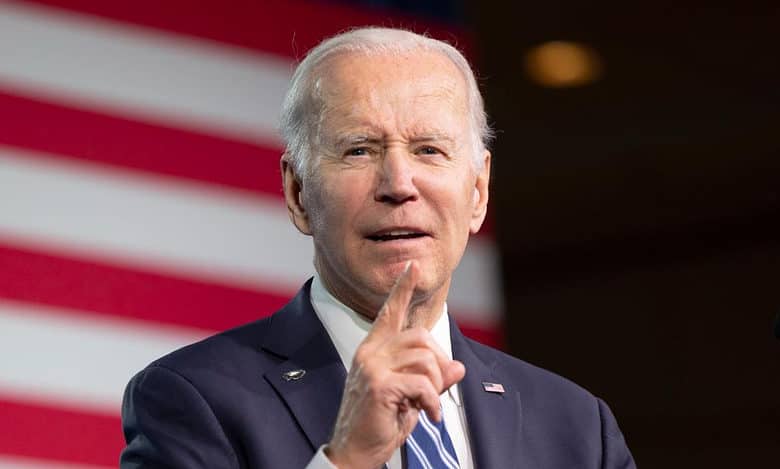Ceiling fans have become the latest battleground in the ongoing clash between the Biden administration’s environmental goals and Republican concerns. The Department of Energy’s proposal for more energy-efficient ceiling fans has ignited a fierce debate, with manufacturers and Republicans pushing back against what they see as excessive regulations.
The argument put forth by the Energy Department is that these new regulations would lead to substantial energy savings for American households. Their analysis suggests that over the lifespan of these energy-efficient fans, households could save around $39. While this might seem like a small figure for individual households, it has the potential to add up significantly across the nation, contributing to a greener and more cost-effective energy landscape.
Biden admin’s latest home appliance crackdown: ceiling fans https://t.co/yFQb5DbLt5 pic.twitter.com/4Twfp0MPwg
— New York Post (@nypost) August 25, 2023
However, the manufacturers’ perspective paints a different picture. The proposed regulations come with a hefty price tag. The required equipment changes and upgrades would amount to a staggering $86.6 million per year for manufacturers. This has set off alarm bells among industry players, who fear that these increased costs could have a detrimental impact on their businesses and the livelihoods of their employees.
The clash reaches a boiling point with the Republican members of the House Committee on Small Business. Their concern is that the proposed rule could disproportionately affect smaller manufacturers, potentially even forcing some of them out of business. They argue that the financial burden of redesigning products and complying with the new regulations could be insurmountable for many small businesses, jeopardizing their existence.
In a letter addressed to Energy Secretary Jennifer Granholm, the GOP members of the committee express their apprehension. “This rule would require numerous small business fan manufacturers to redesign their products and may put between 10 and 30 percent of small business ceiling fan manufacturers out of business,” they stated. The letter also highlights a perceived oversight in the rulemaking process, suggesting that the Department of Energy might not have adequately considered the impact on small entities.
As the debate rages on, it remains to be seen how the Biden administration will respond to the mounting pressure. The push for energy efficiency undoubtedly holds merit, but finding a balance that doesn’t stifle businesses or burden consumers is a challenging task.
In the end, this showdown over energy-efficient ceiling fans encapsulates the broader struggle between environmental priorities and economic considerations. As discussions unfold, the nation watches closely to see how policymakers will navigate this complex issue.

